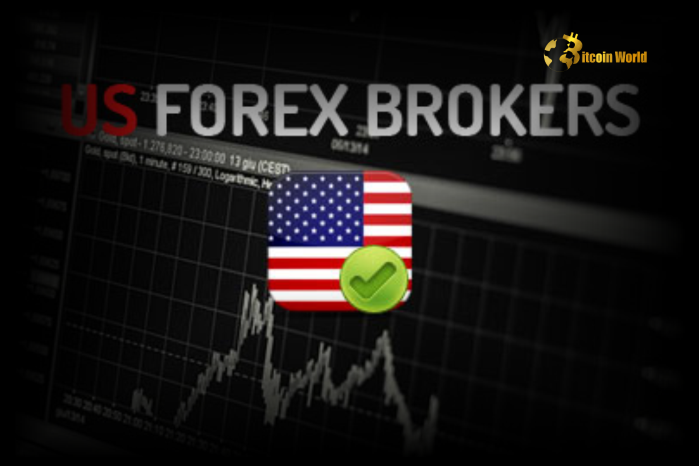A Beginner’s Guide to Forex Trading in America
A Beginner’s Guide to Forex Trading in America
Blog Article
Legal Regulations for Forex in the United States
Foreign change, or Forex trading, pulls millions of players in the United States every year. Its pure measurement and liquidity allow it to be one of the very fascinating areas globally. Nevertheless, forex trading for beginners. takes a unique and rigid way of regulating Forex activities. If you are seeking to industry currencies or simply desire to know how legitimate frameworks shape the Forex market, understanding these regulations is crucial.

Crucial Legitimate Frameworks Surrounding Forex in the US
Forex regulation in the United Claims is distinguishable due to its complete risk regulates and consumer protections. Two major government bodies oversee most Forex actions:
• Item Futures Trading Commission (CFTC)
• National Futures Association (NFA)
The CFTC, produced in 1974, is tasked with regulating the futures and possibilities markets, foreign trade included. The NFA, as a self-regulatory organization, works closely with the CFTC to enforce rules and maintain fairness in trading practices.
Enrollment and Submission
Every Forex vendor or broker doing business with U.S. citizens must enroll with both the CFTC and NFA. These entities may also be expected to adhere to demanding detailed requirements, including:
• Minimal web money requirements (often more than in different countries)
• Ongoing audits
• Powerful anti-money laundering (AML) procedures
• Translucent chance disclosure
Violations may lead to big fines or a permanent ban from the market. This regulatory structure seeks to avoid fraud, protect investors, and increase industry integrity.
Key Constraints on Forex Actions
Foundational rights influence how Forex works in the U.S.:
• Power restricts: The NFA models a maximum leverage of 50:1 for significant currency pairs and 20:1 for minors. That is much lower than many worldwide areas, supporting defend inexperienced traders from significant losses.
• Segregation of resources: U.S. legislation needs that client funds are held separate from broker working funds. That calculate safeguards traders in the case a broker becomes insolvent.
• Marketing and disclosure: Firms must obviously explain risks, fees, and trading mechanisms to clients. Misleading or aggressive solicitation methods experience strict penalties.
Enforcement and Penalties
U.S. agencies frequently check for fraudulent systems, insider trading, and illicit industry manipulation. Mathematical information from enforcement studies reveals a regular sample of penalties and settlements lately, featuring continuous vigilance. This setting, while stricter than most elements of the world, produces a better enjoying subject for retail and institutional traders alike.
Things to Consider as a US Forex Trader
Recent trends reveal a continuous increase in regulatory measures, an emphasis on consumer training, and constant updates to compliance requirements. If you plan to industry Forex in the U.S., it's essential to:
• Ensure a broker's effective enrollment status
• Keep current with regulatory improvements
• Evaluation chance disclosures before making trades
This process reduces unforeseen deficits and promotes your prospects in a tightly governed but effective marketplace. By understanding appropriate regulations, U.S. traders can confidently be involved in the Forex industry while remaining within the variables of the law.
Report this page